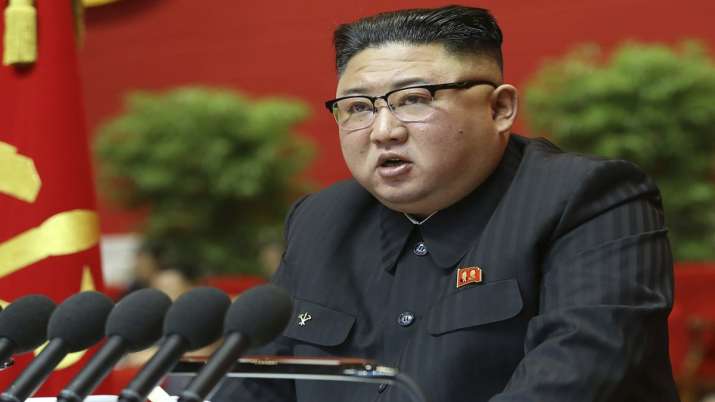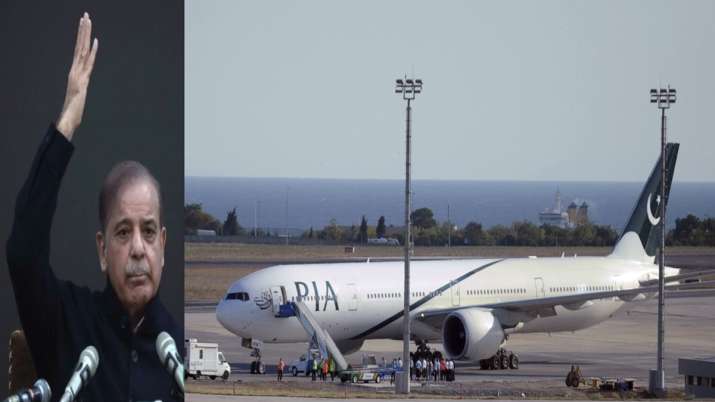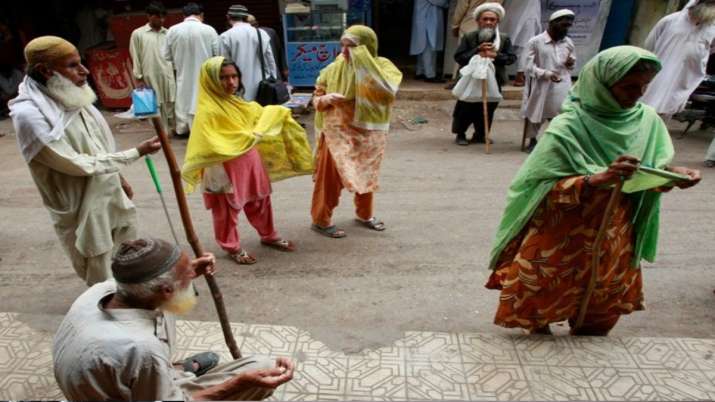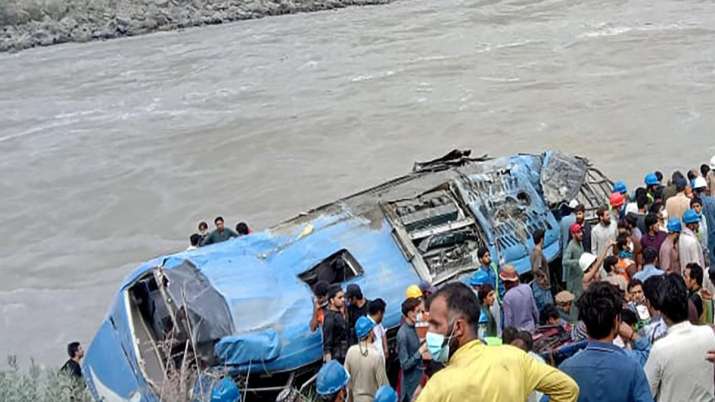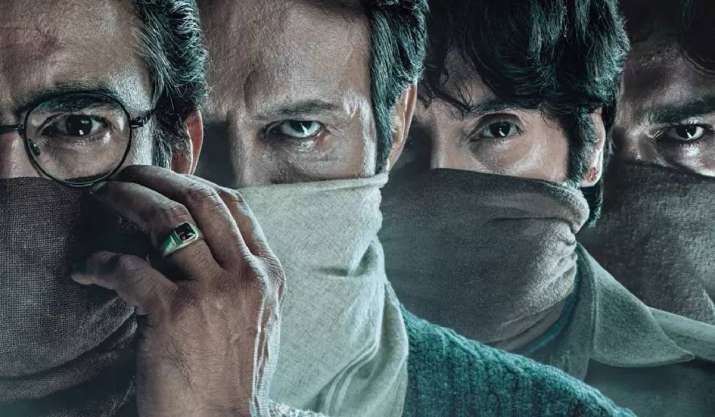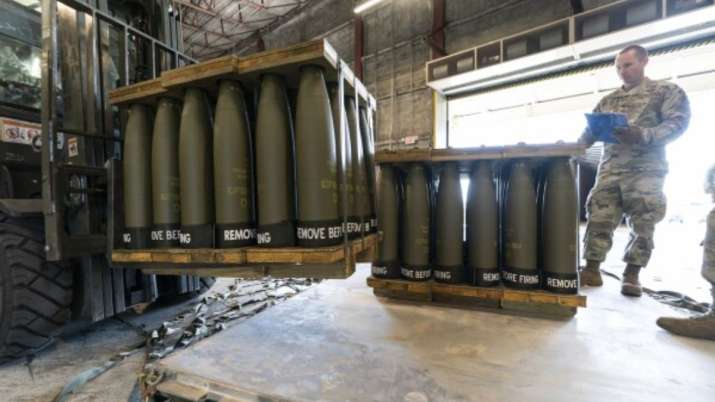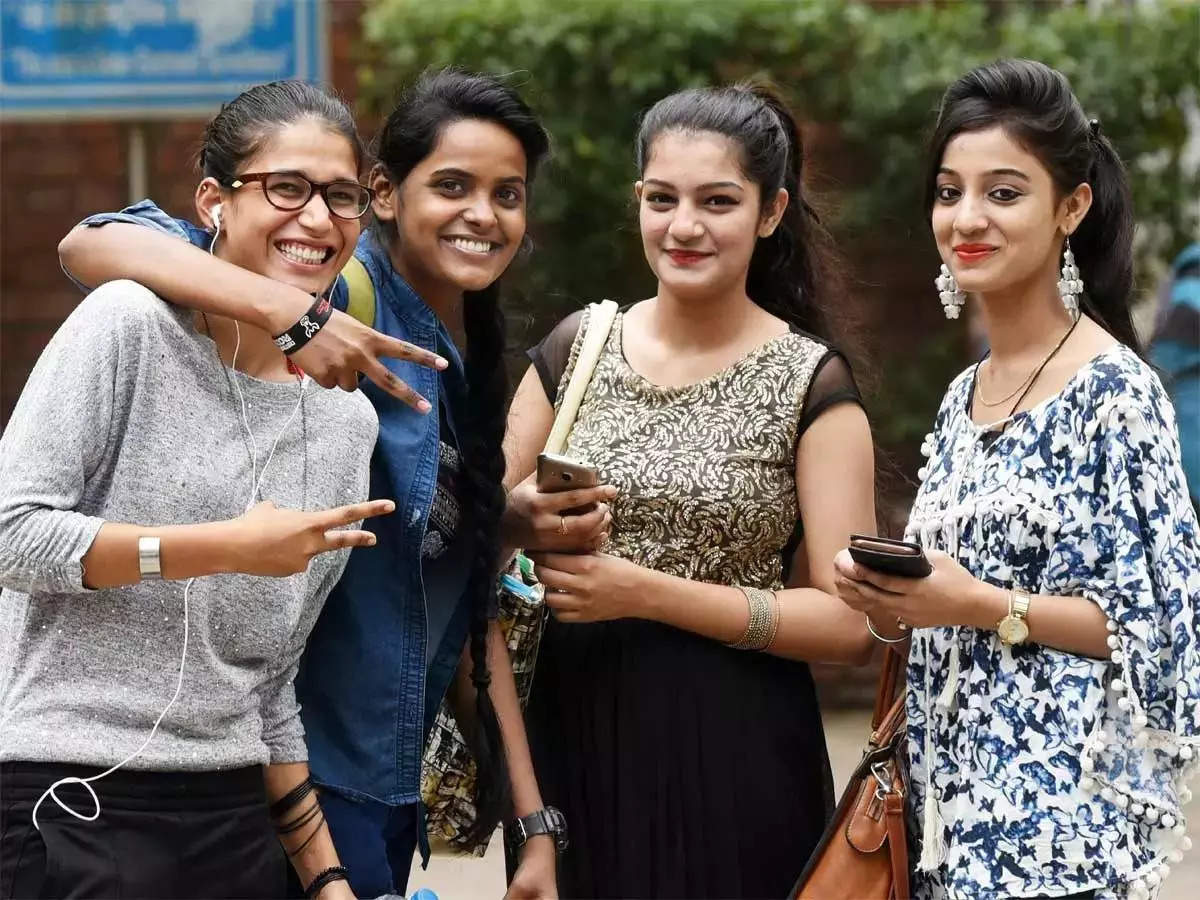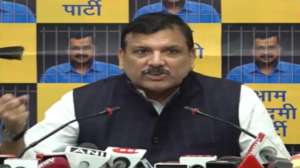What Is Model Code Of Conduct? Why Is It Enforced Before Every Election?
The announcement of elections by the Election Commission of India is followed by the enforcement of the Model Code of Conduct (MCC), a set of guidelines for candidates and political parties during the elections.
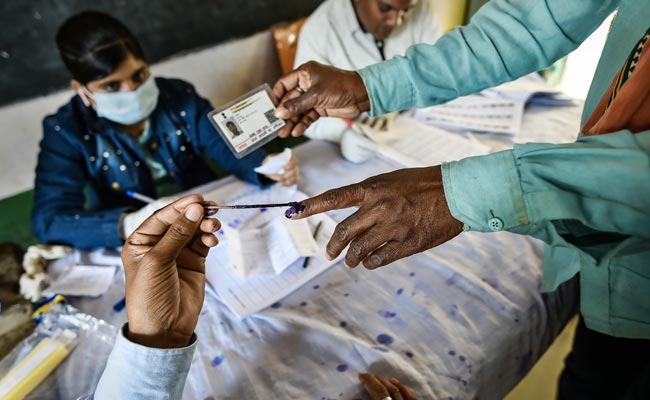
The announcement of elections by the Election Commission of India is followed by the enforcement of the Model Code of Conduct (MCC), a set of guidelines for candidates and political parties during the elections. The MCC, aimed at ensuring fair elections, remains in place until the results are declared.
Candidates and political parties must strictly adhere to the MCC guidelines, and in case of violations, the ECI can take action. The MCC also restricts governments from announcing any populist schemes in the run-up to the election.
What is the Model Code of Conduct?
The Model Code of Conduct is a set of guidelines issued by the Election Commission to regulate the campaigning of political parties and candidates during elections. Its main aim is to conduct free and fair elections by preventing any activities that could influence voters or disrupt the poll process.
What happens after Model Code of Conduct is enforced?
- Candidates are prohibited from announcing financial grants once the elections are announced.
- The government can't launch new projects or lay the foundation stones for new projects.
- Authorities can't make promises related to infrastructure development, like the construction of roads or provisions of drinking water facilities.
- Ad-hoc appointments in government or public undertakings that could influence voters are prohibited.
- Ministers or candidates cannot sanction grants or payments from discretionary funds.
- The use of government resources, including transport, machinery, and security personnel, for election campaigning is strictly prohibited.
- Municipalities must give free access to public areas for gatherings of electoral participants and politicians on equal terms.
- Rest houses, dak bungalows, or other government facilities should not be used by any political party or candidate for poll purposes.
- The use of official mass media to offer biased news coverage of political stories and propaganda in favour of the ruling party is strictly prohibited.
- Activities such as exploiting caste and communal sentiments to influence voters, spreading rumours, and attempting to bribe or intimidate voters are not allowed.
History of MCC
The Model Code of Conduct was first used during the 1960 Assembly elections in Kerala. Following its success, the Election Commission introduced it nationwide during the 1962 Lok Sabha elections. During the 1991 Lok Sabha elections, the poll panel decided to enforce the MCC more strictly due to repeated violations of election norms and concerns over corrupt practices.
What's Your Reaction?








